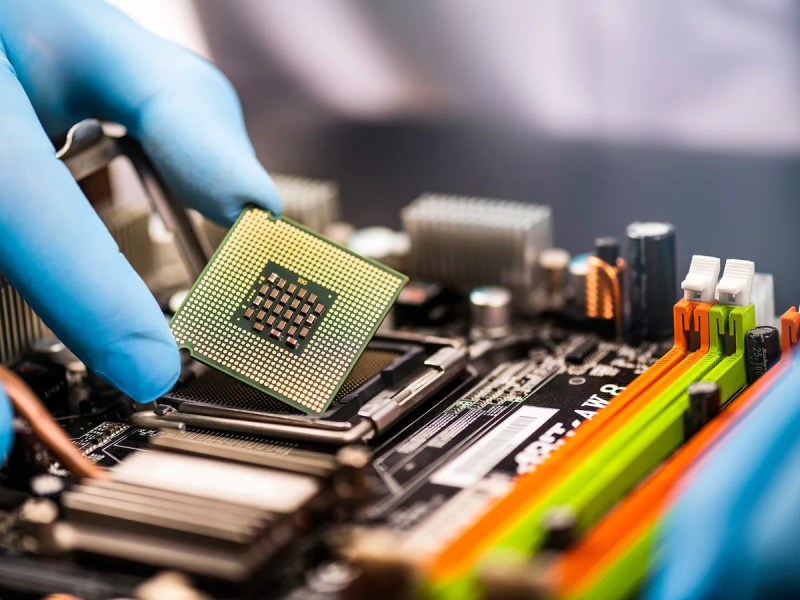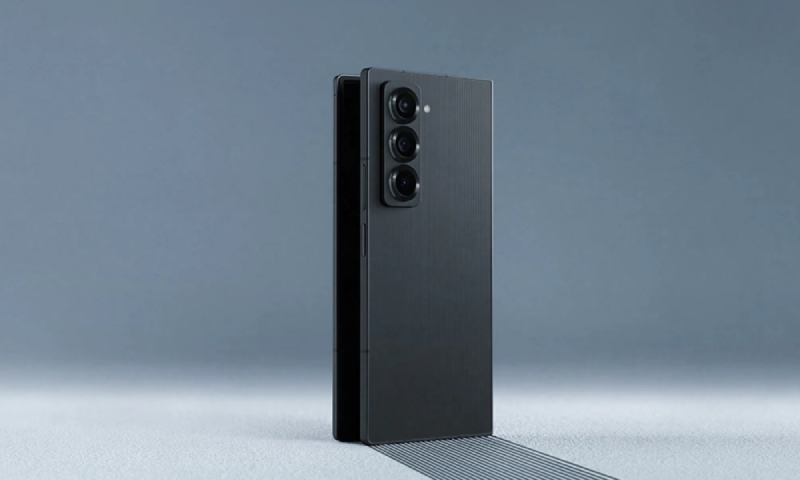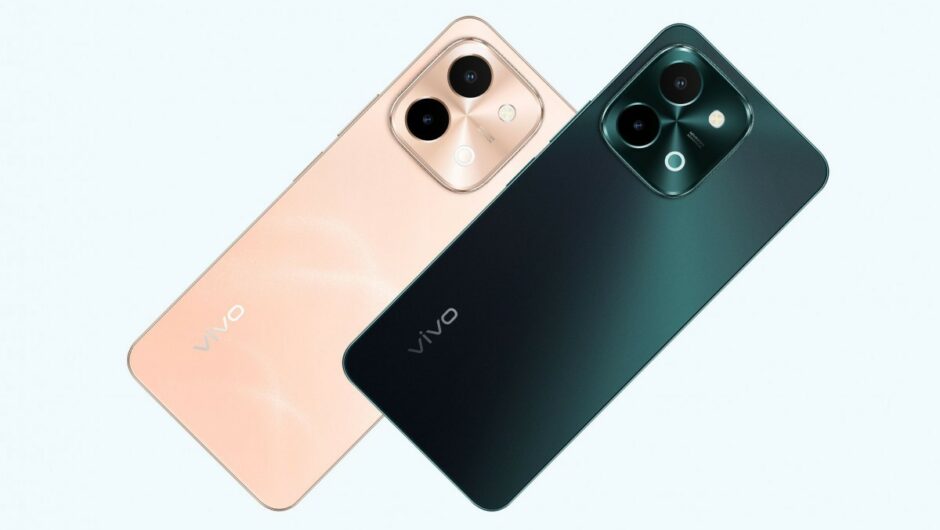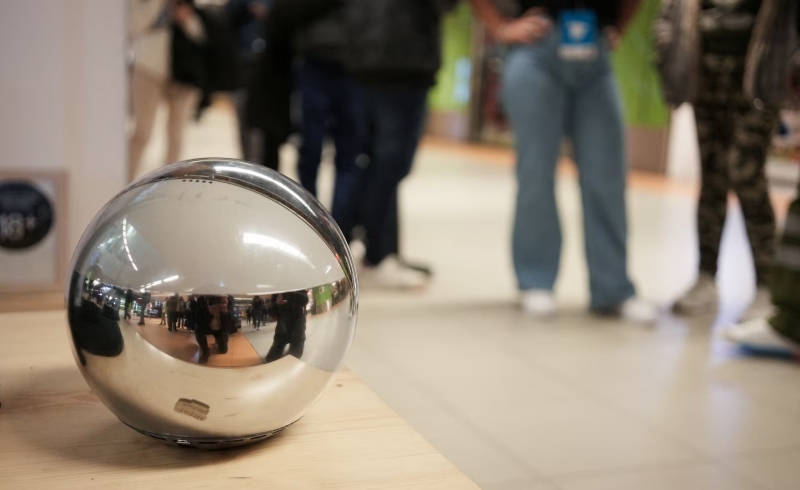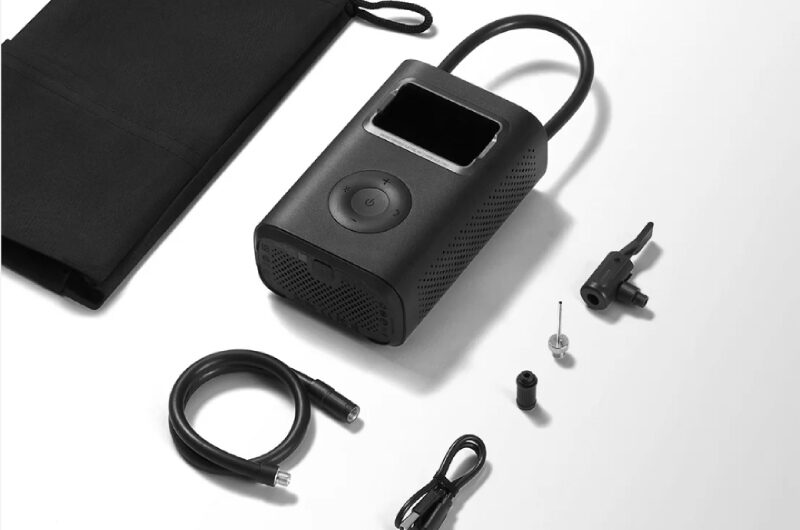After leaving the foundry industry, Intel is back, and to compete with established players like TSMC and Samsung, the corporation is investing heavily. In addition to the challenge of competing with TSMC’s dominance in the contract chipmaking market, Samsung now has to constantly be on the lookout for Intel.
In an attempt to outpace TSMC, Samsung has been attempting to speed up the commercialization of extremely sophisticated chipmaking techniques. The business had previously stated that by 2027, its 1.4 nm fabrication technique would be available. It appears that by then, Intel might be prepared to challenge Samsung.
Samsung’s journey through the foundry industry won’t be easy:
Intel has declared that it will begin producing chips using its cutting-edge 1.4nm process in the upcoming years. Intel CEO Pat Gelsinger initially revealed Intel 14A, the company’s name for its 1.4n technology, during Intel’s first foundry event.
While TSMC and Samsung have begun producing chips using the 3nm process, Intel is currently using the 5nm technology and is competing with the two industry leaders to begin producing chips on the 2nm process by 2025. The American chip manufacturer believes that an increased focus on modern processes would enable it to catch up to its late start in the foundry injury.
While TSMC also plans to launch 1.4nm chips in 2027–2028, Samsung hopes to do so by 2027. It is possible that Intel wants to release their chips at the same time. Presently, TSMC holds about 60% of the market for contract chip manufacturing, with Samsung following far behind with 13%.
Microsoft has become Intel’s first foundry customer by selecting Intel’s 1.8nm technology for chip manufacturing, demonstrating the company’s ability to attract large clients. The CEO of Intel affirmed the company’s objective to overtake the largest foundry in the world by 2030. This almost proves that Intel is aiming to surpass Samsung in the market, which might put an obstacle in Samsung’s ambitions to increase its market share.
Topics #1.4nm Processor #Chipmaker #Intel #news #Processor #Samsung
